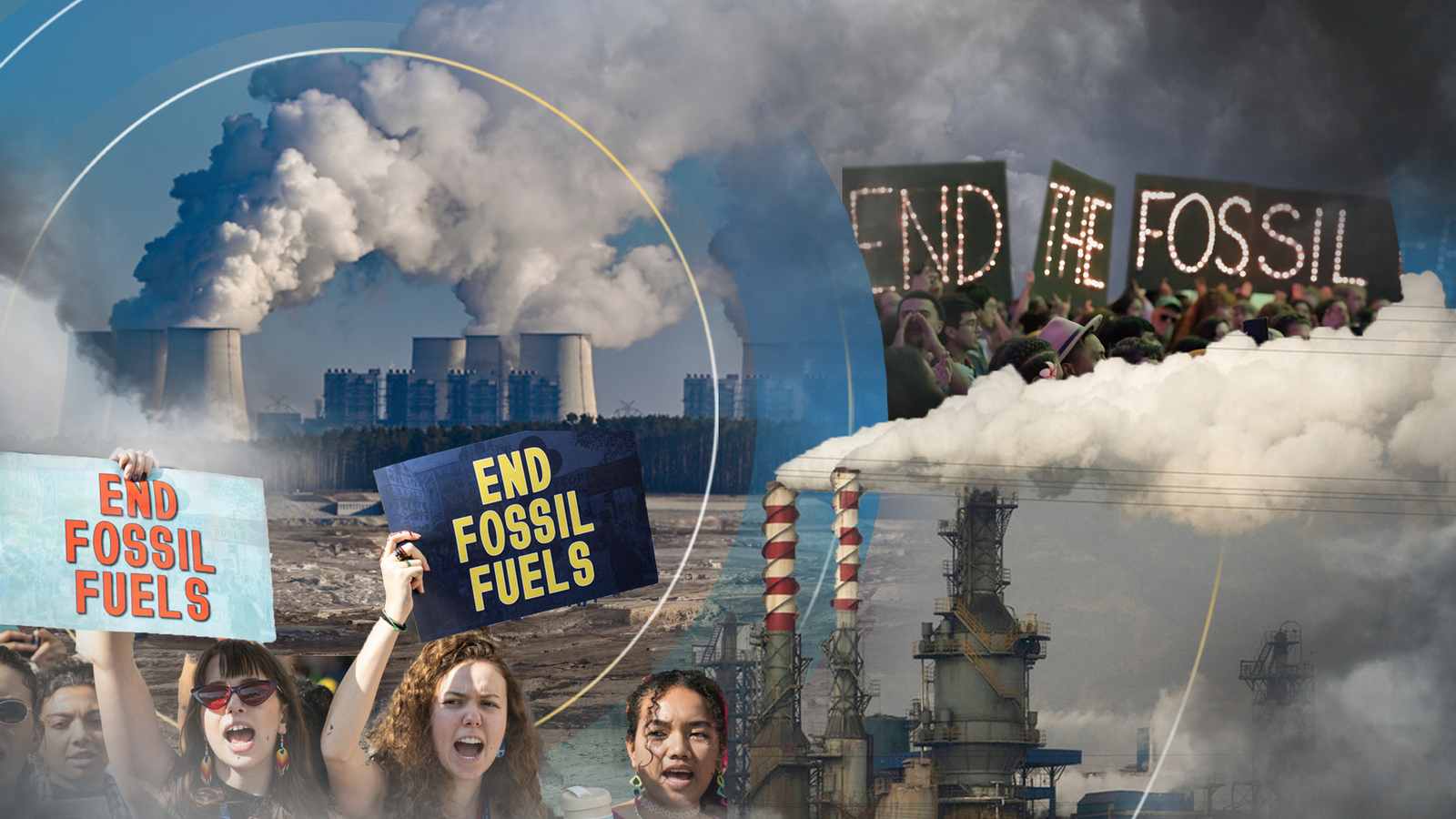
On December 13, 2023, a landmark climate agreement emerged from the COP28 summit in Dubai, where over 190 countries, including the US and Germany, pledged to transition away from fossil fuels. This significant moment saw weary diplomats, including US climate envoy John Kerry and German foreign minister Annalena Baerbock, celebrating after intense negotiations. For the first time in UN history, a pact explicitly addressing fossil fuels was reached, overcoming objections from fossil fuel-dependent nations like Russia and Saudi Arabia.
Despite the groundbreaking agreement, global energy demand continues to surge, outpacing renewable energy growth. While the International Energy Agency (IEA) projects renewable power generation to increase significantly by 2030, fossil fuel consumption is expected to remain alarmingly high, especially coal usage, which has risen in projections. This paradox has caused frustration among vulnerable nations, particularly small island states, that rely on effective climate action.
The increasing demand for energy, driven by economic development and rising air conditioning needs, complicates the transition to renewables. Furthermore, outdated energy efficiency improvements hinder progress, with emissions reductions falling short of the necessary levels.
As countries prepare for COP29 in Azerbaijan, the focus will be on climate finance to support the transition to renewable energy, emphasizing the urgency of action needed to combat climate change.



